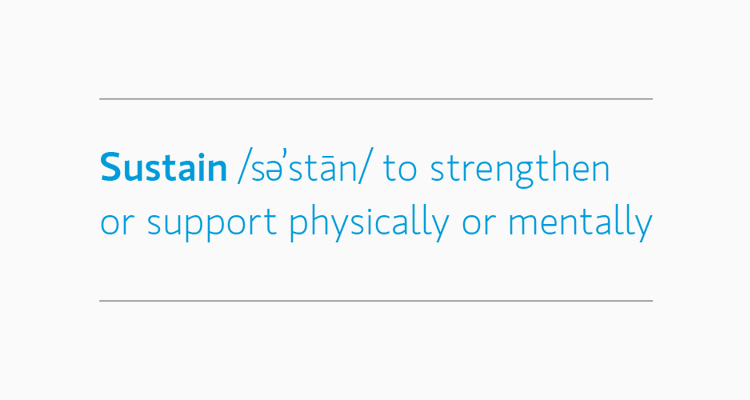Leadership
Our Sustainability Research emerged from the creativity, passion and entrepreneurial spirit of one of our team members just as our Disruptive Change Research did fifteen years ago. Thomas Kamei leads our effort in New York by promoting awareness of sustainability trends across our organization. A student of architecture and design, Thomas pairs his understanding and vision of structural systems with a decade of experience investing in leading internet companies. His leadership has enabled us to collaborate with nonprofit and public sector stakeholders as well as to engage with the management teams of our current and prospective company investments.
Sustainability Research in Practice
Our Sustainability Research has identified risks that other investors have underappreciated and investment opportunities they have overlooked.
For example, let’s start with environmental issues:
| RISK | Companies that produce goods that are difficult to recycle are struggling from increasing consumer and regulatory scrutiny. |
| OPPORTUNITY | Companies that provide water and energy conservation services to customers, such as cloud computing datacenters, are flourishing as they help reduce operating costs for their customers. |
The same point applies to social issues:
| RISK | Concerns about data privacy are emerging as expensive threats for many established financial services businesses. |
| OPPORTUNITY | Decentralized financial innovations such as blockchain provide the potential for increased financial inclusion for low-income citizens in emerging markets. |
Our Sustainability Research has helped us with governance as well. Our proprietary method for measuring and evaluating sustainability has led to valuable and expanding conversations with management teams. Most managements appreciate us sharing the insights we have gleaned from studying how companies have successfully aligned profits and impact. The result is a valuable two-way dialogue. A deepening of our partnership with the management teams in our investment portfolio naturally leads to a better understanding of their decision-making process. This gives us a deeper appreciation for the risks and opportunities they face. By engaging management teams on sustainability, we signal that we value these efforts for both their long-term value creation potential and positive impact on society.












